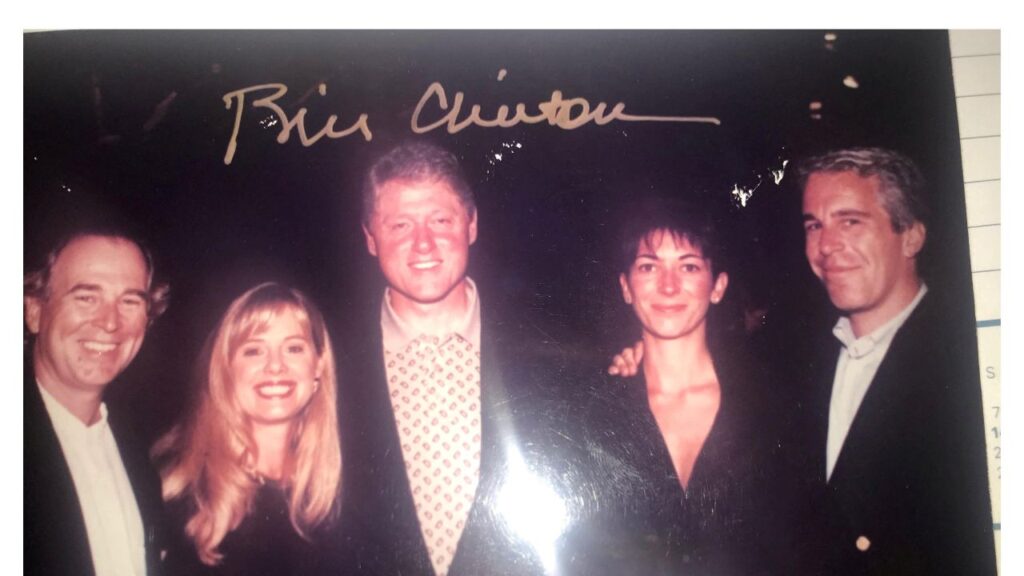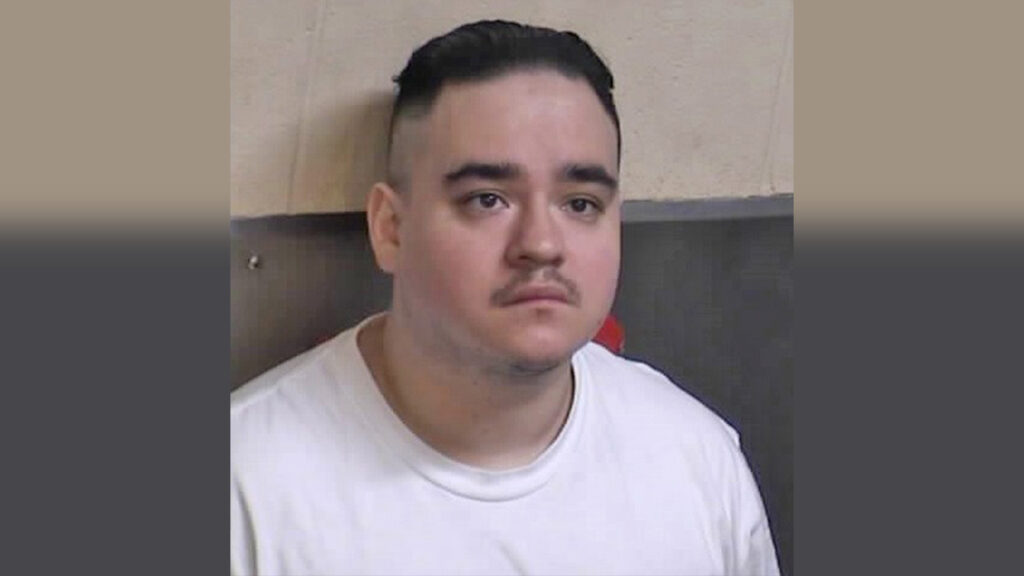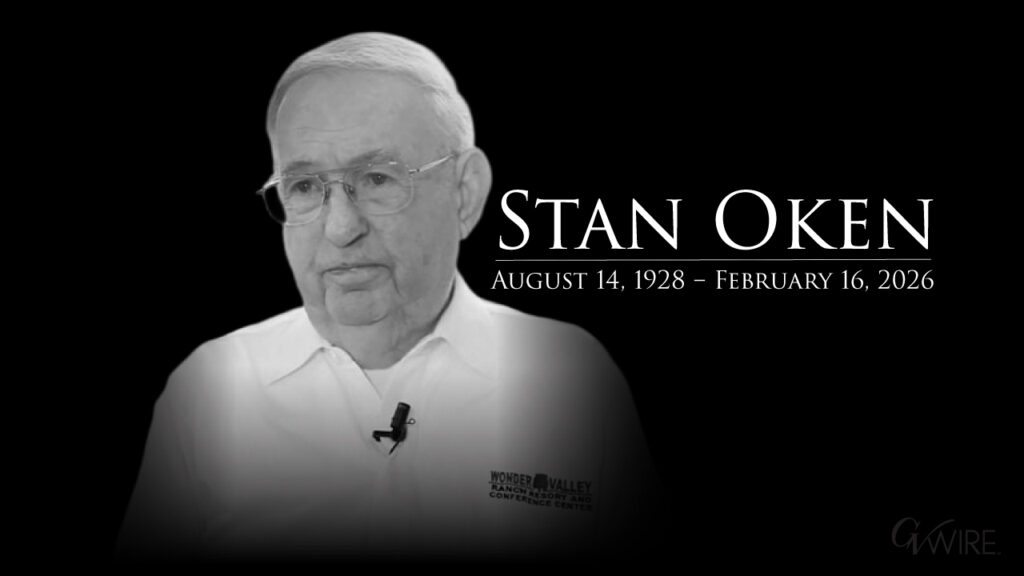Fresno officials applaud changes in the state's environmental review law that could help speed development, especially infill projects. However, they are still evaluating the local impact. (Shutterstock)

- Gov. Gavin Newsom signed CEQA reform into law, exempting certain housing and infrastructure projects from environmental review.
- Fresno Mayor Jerry Dyer and Council President Mike Karbassi say the changes will help lower costs and speed up housing.
- Environmentalists oppose the bill, calling it dangerous and secretive, claiming it weakens protections for vulnerable communities.
Share
|
Getting your Trinity Audio player ready...
|
A major change in California’s environmental review process is intended to make it easier to build housing in places like Fresno.
And while this seismic event has champions of affordable housing cheering, environmentalists are fearing the worst.
As part of the state budget package, Gov. Gavin Newsom on Monday signed a bill reforming CEQA — the 54-year-old California Environmental Quality Act — that exempts several categories of development from environmental review.
Newsom had said he would not sign the budget without CEQA reform, thus forcing the hand of the state Legislature.
After signing the bill, he said the reform, “Breaks down long-standing development barriers, modernizes CEQA review for critical housing and infrastructure, and creates new tools to speed up production, reduce costs, and improve accountability across the state.”
For years, if not decades, some legislators talked about changing CEQA, all the while accusing environmentalists of abusing the law to block projects.
CalMatters reports the exemptions include child care centers, health clinics, food banks, farmworker housing, broadband, wildfire prevention, water infrastructure, public parks or trails and, notably, advanced manufacturing.
In addition, the new law narrows which documents courts can consider to decide legal challenges under CEQA. Finally, the reform allows limited environmental reviews of projects that don’t have major impacts.
Environmental groups opposed the reforms. The Center for Community Action and Environmental Justice wrote: “This is the most dangerous anti-environmental bill California has seen in decades. It was negotiated in secret, with zero input from frontline communities like ours — the same communities that bear the brunt of toxic development,” on X.
Fresno Studying New Rules
A city of Fresno spokesperson said it is too soon to know how the reforms will be implemented in Fresno.
“We support any type of CEQA reform that will enhance our ability to accelerate housing and create good-paying jobs,” Mayor Jerry Dyer said.
Fresno City Council President Mike Karbassi supports the change. He called reform, “long overdue.”
“Unfortunately, it has been weaponized by special interests to prevent the construction of workforce housing that we can afford to buy and the creation of good-paying jobs for California’s working families. This is a big step forward, but there is still more work to be done to make California a more affordable state to make a living,” Karbassi said.
Fresno recently lost its “Pro-Housing Designation” with the state, which could make it harder to leverage state grants for local projects.
Last month, after months of contentious debate, the Fresno City Council voted to make it easier to convert office space into housing. The zoning change allows for “ministerial” approval — meaning if a project meets certain criteria, it receives automatic approval. However, a councilmember can appeal.
Without ministerial approval, projects would have to undergo public hearings.
Karbassi is seeking the city attorney’s opinion on what the CEQA reform means for ministerial approval.
The city of Clovis is also reviewing the reforms.
“While the specific impacts for Clovis are currently being evaluated, we will continue to work closely with our local developers, carefully assess each new project on a case-by-case basis, and continue our efforts to build the best community possible,” city spokesperson Taylor Danielson said.
Reform Will Clear the Way for Infill Projects
GV Wire spoke to some CEQA experts who are still trying to determine what this means for local building.
Attorney John Kinsey has been practicing CEQA law for two decades. He called the reforms “helpful, but modest.”
The biggest impact will be for infill projects.
“This legislation will make the processing of those higher-density infill projects a lot easier within the city of Fresno in particular,” Kinsey said.
CEQA reform allows for bypassing certain projects or at least streamlining review, Kinsey said. Local environmental review remains, and will be up to cities to decide how to implement.
Other projects such as commercial, manufacturing and single-family homes could also benefit, but not as much as high-density projects, Kinsey said.
“Any tool that we, in the land-use area, have in our toolbox to help facilitate good job-producing projects will help,” Kinsey said.
Developers Hopeful
Darren Rose, president and CEO of The Building Industry Association of Fresno/ Madera Counties, said he is “cautiously optimistic” about reforms.
“CEQA slows down housing development and increases housing costs for consumers. New market-rate housing, commercial and industrial projects are burdened by regulation and related lawsuits,” he said.
Local developer Ed Dunkel said projects could be expedited, “but cities still have to figure out how to implement it.”
Jessica Hoff Berzac, president of affordable housing builder UPHOLDINGS, supported the move.
“I’m pro-housing and pro-environmental protections. This legislation allows both of those things to work together and let us make meaningful progress on housing shortages without layers of timely and costly obstacles,” Hoff Berzac said.
Valley Vote Count
The Legislature voted for the CEQA reforms as part of two different bills, SB 131 and AB 130.
SB 131 passed 55-3 in the Assembly, with 21 not voting; and 33-1 with six not voting in the state Senate.
The entire Central Valley Assembly delegation voted in favor: Joaquin Arambula, D-Fresno, Esmeralda Soria, D-Fresno, David Tangipa, R-Clovis, Stan Ellis, R-Bakersfield, Alexandra Macedo, R-Tulare, and Jasmeet Bains, D-Delano.
The entire Central Valley state Senate delegation also voted in favor: Maria Alvarado-Gil, R-Jackson, Anna Caballero, D-Merced, Shannon Grove, R-Bakersfield, and Melissa Hurtado, D-Bakersfield.
AB 130 passed 62-3 (14 not voting) in the Assembly; and 28-5 (7 not voting in the state Senate.
All from the Central Valley delegation supported the bill except for Tangipa (did not vote), and Alvarado-Gil (no).
RELATED TOPICS:
Categories

The Birth Rate Is Plunging. Why Some Say That’s a Good Thing

Bill Clinton to Lawmakers Investigating Epstein: ‘I Saw Nothing’

Mac the Cat Is Guaranteed to Spice Up Your Life

















